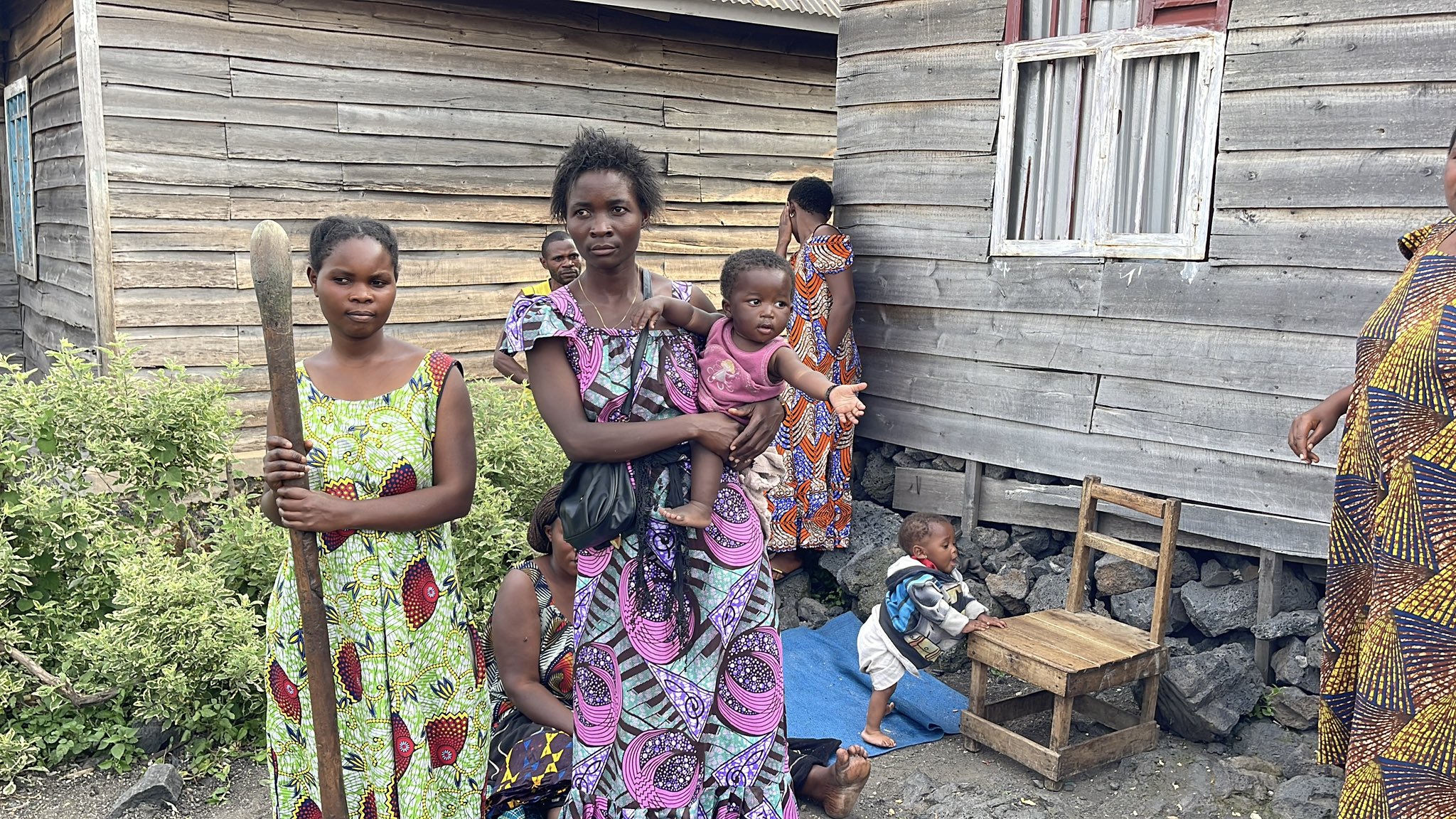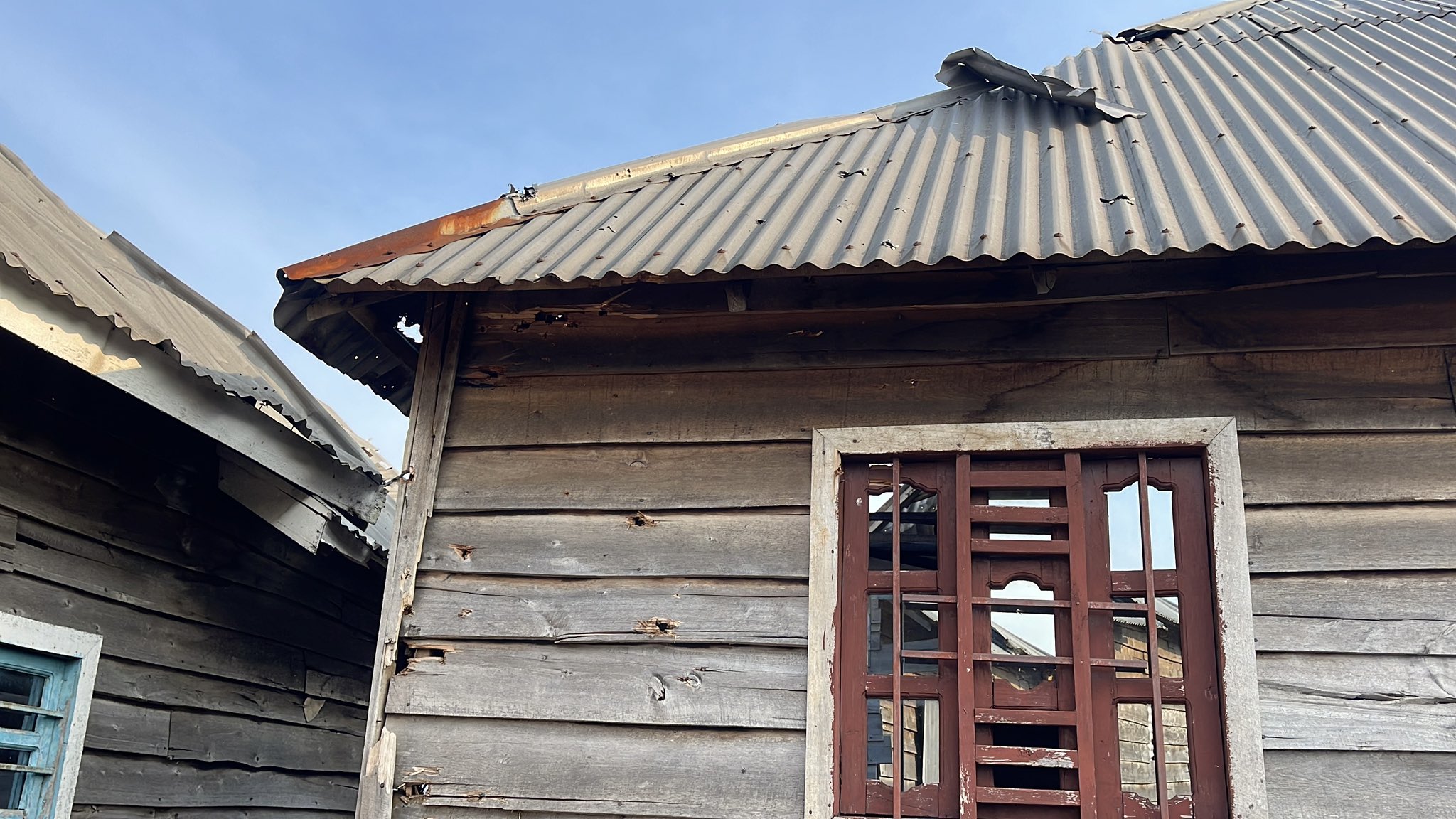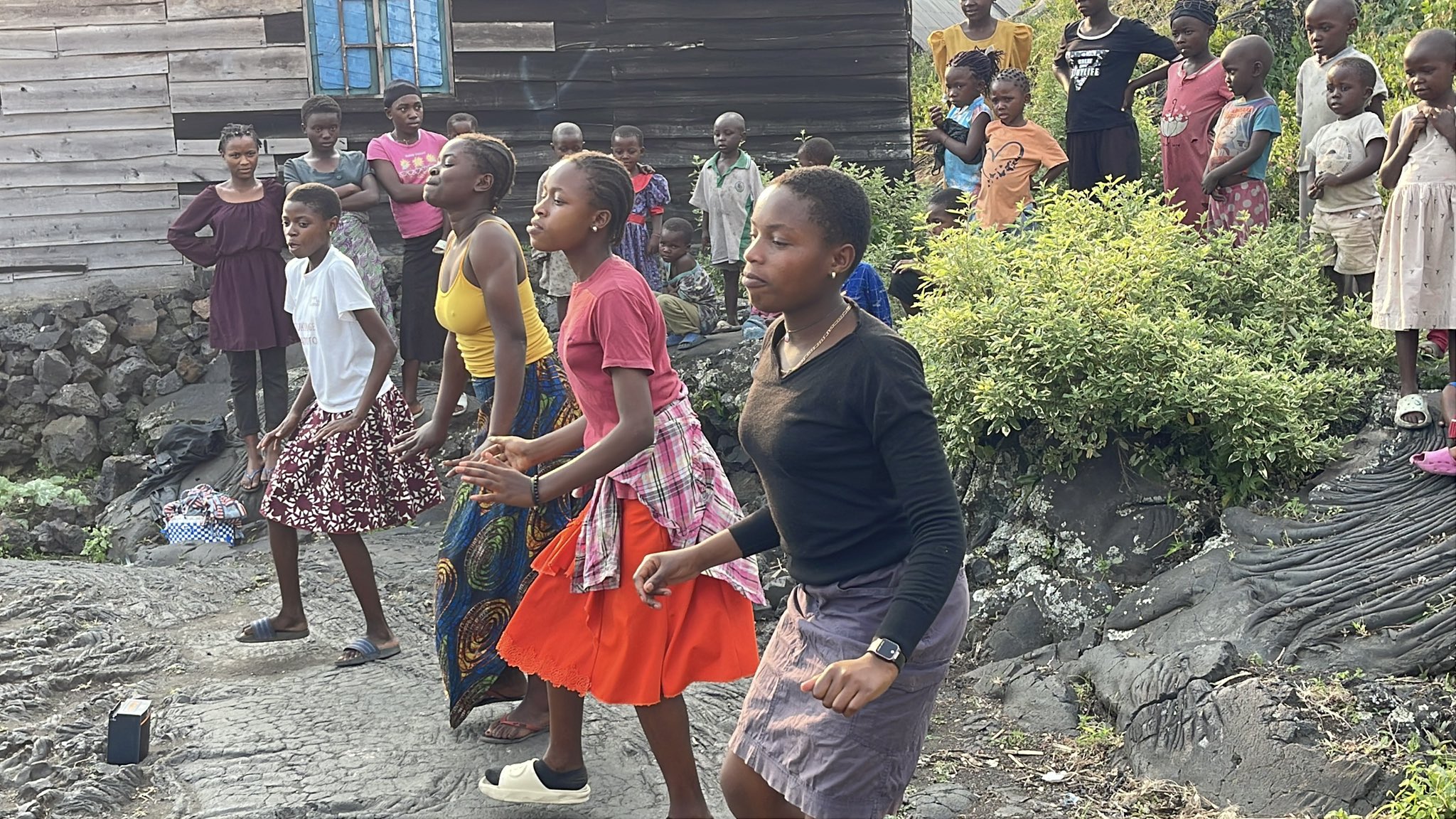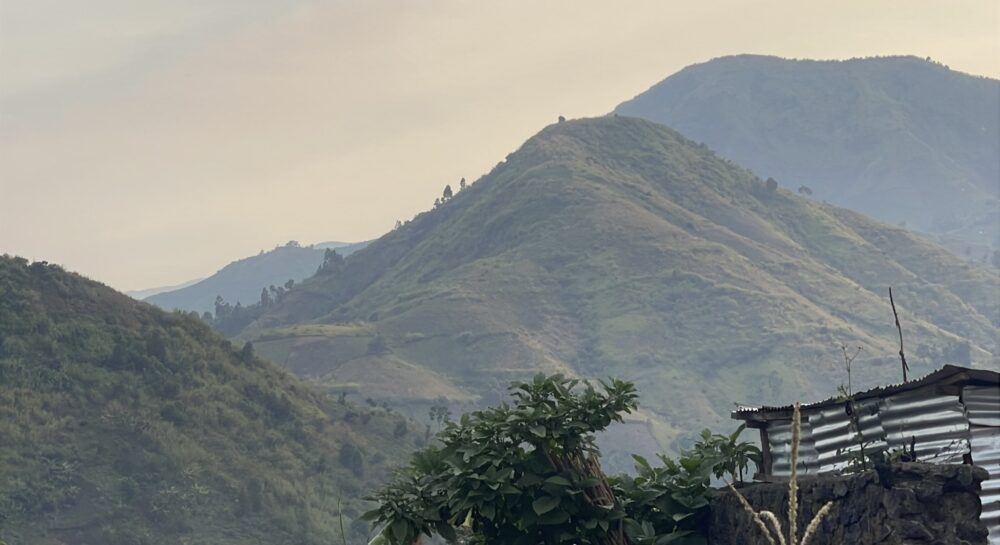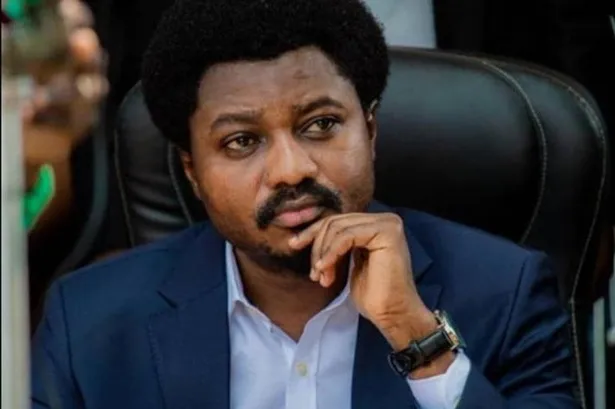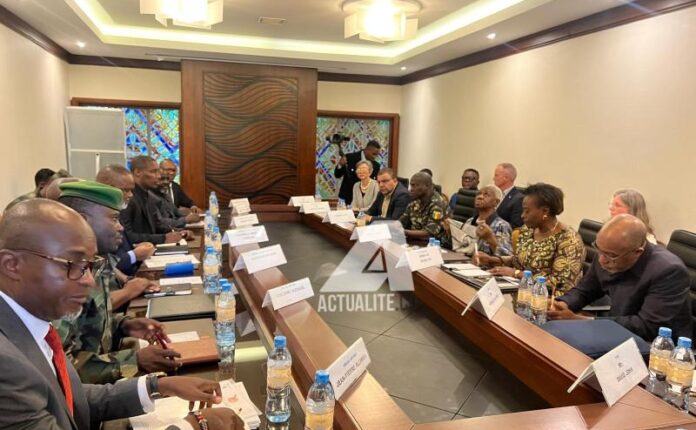In the heart of Eastern Congo, the town of Saké, now under the administration of the Alliance Fleuve Congo (AFC/M23), is witnessing the slow but determined return of civilian life. Despite the lingering scars of conflict, displaced residents are steadily returning and rebuilding what was lost during the fighting between AFC/M23 and the FARDC-Wazalendo coalition.
Note: Company, Blog, Church websites are free.
According to KivuPride, which recently visited the area, local inhabitants expressed a mix of hope and hardship. The ruins of war are still visible, homes damaged by heavy artillery, public spaces left in disrepair, yet there is a palpable sense of resilience among those who have returned.
“We are suffering, but we are home,” said one mother who has begun restoring her family’s house, one of many bombed during the intense clashes that gripped the region just months ago. “Now we need the authorities to help us normalize life, schools, markets, hospitals.”
AFC/M23 officials, aware of these expectations, have confirmed that several initiatives are underway to restore civilian infrastructure and revive the local economy.
“Reconstruction is not limited to Saké. We are working across all territories currently under our control to bring economic activity back to life and support our people,” said an AFC/M23 representative to KivuPride.
While humanitarian needs remain pressing, including access to clean water, medical care, and livelihoods, many residents seem to believe the relative calm brought by the current control structure is a welcome change from the chaos of months past.
The town’s markets, although limited in supply, have begun to reopen. Small businesses are resurfacing. Community members are also organizing to repair schools and churches, often using their own labor and meager resources.
For the Congolese diaspora watching from afar, Saké’s story offers a rare window into the post-conflict transitions occurring in parts of North Kivu. It also challenges mainstream narratives that tend to overlook the agency of local communities and the emerging administrative role of movements like AFC/M23.
As the political and military situation in the Democratic Republic of Congo continues to evolve, the residents of sake offer a sobering but hopeful reminder: even after destruction, the will to rebuild can be stronger than the weapons that brought it down.
